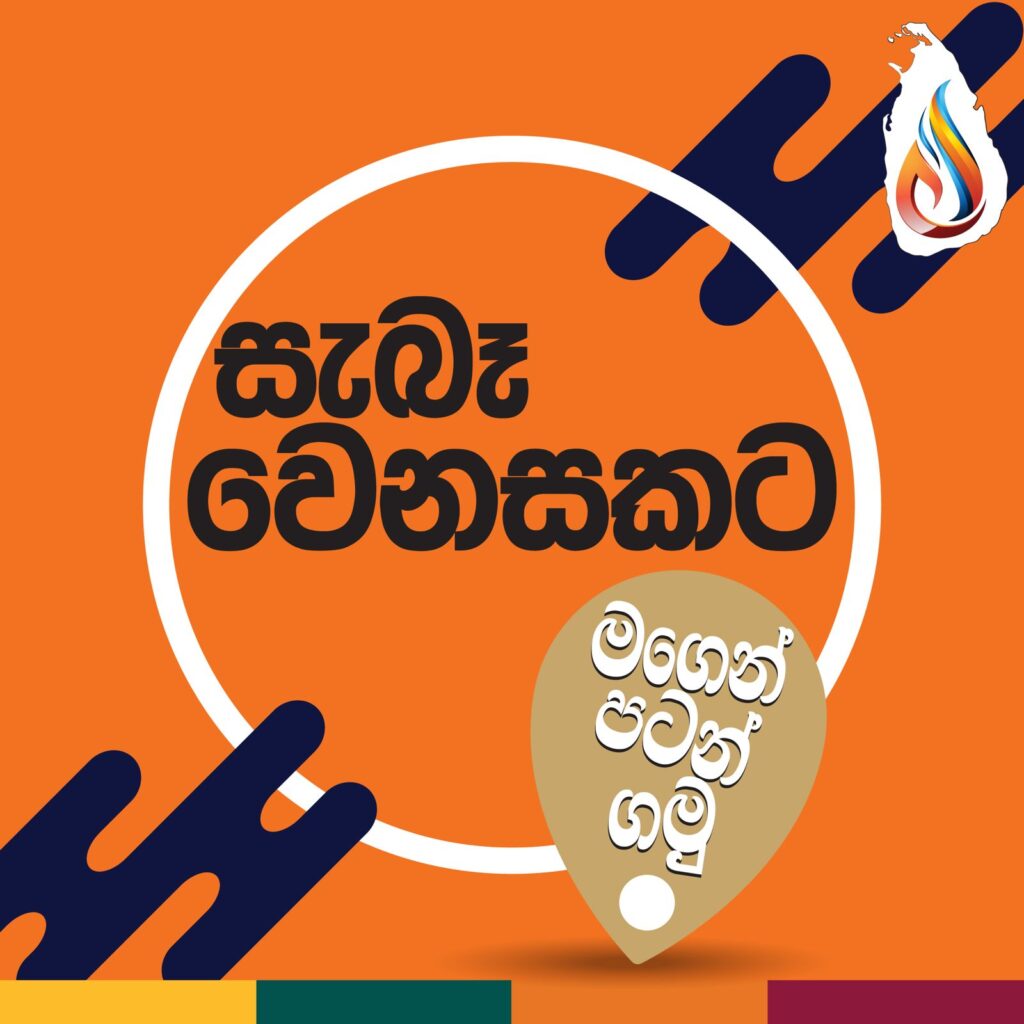August 22, Colombo (LNW): A new report by the UN Human Rights Office has raised concerns about increasing threats to fundamental freedoms in Sri Lanka, citing regressive laws, weakened democratic safeguards, and continued intimidation against civil society and journalists.
Released on 22nd August, the report also highlights recurring human rights violations, echoing unresolved issues from the past.
As Sri Lanka prepares for its upcoming presidential and parliamentary elections, UN Human Rights Chief Volker Türk emphasised the need for the government to recommit to the transformative changes demanded by its citizens, particularly in areas of accountability and reconciliation.
The report warns of recent legislative changes that empower security forces and further restrict freedoms of expression, opinion, and association, a troubling trend during this critical pre-election period.
Despite a promised moratorium, the controversial Prevention of Terrorism Act (PTA) continues to be used for arbitrary arrests, detentions, and reports of torture, according to the findings.
The ongoing impacts of the 2022 economic crisis, coupled with austerity measures, have disproportionately affected the most vulnerable, especially women.
Türk urged that economic policies be aligned with international human rights obligations and called for Sri Lanka’s creditors to allow fiscal flexibility to support social rights.
The report also underscores the enduring culture of impunity for crimes committed during and after the civil war, including the 2019 Easter Sunday attacks.
Türk urged the next government to address the root causes of conflict through substantial constitutional reforms and initiatives aimed at reconciliation.
Additionally, the report notes consistent harassment of journalists and civil society groups, particularly those involved in sensitive issues like enforced disappearances and land disputes.
Families seeking truth and justice for the disappeared continue to face threats, surveillance, and arrests.
In the absence of meaningful domestic accountability, the report calls on the international community to explore alternative strategies, such as targeted sanctions and the application of extraterritorial jurisdiction, to ensure justice for victims in Sri Lanka.


